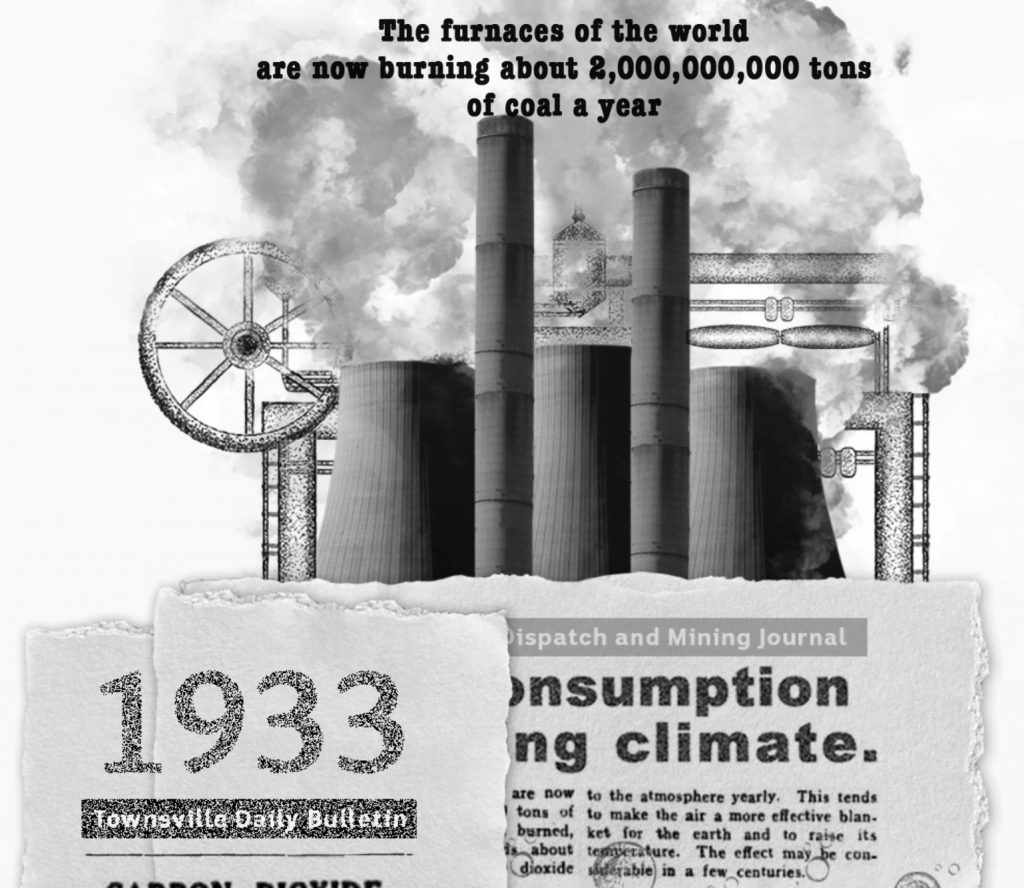Picture: Zeb celebrates submitting his PhD. Credit: Supplied.
by Karla Fallon
The recent ABC News Story Lab interactive article “Acting now can buy us time on climate change” provided an engaging visual exploration of emissions reduction and the amount of time we have to act on carbon dioxide emissions. CLEX and Australian Climate College PhD student, Zebedee Nicholls, provided expert advice on the article, so we spoke to him about his experience.
When ABC’s Tim Leslie, the article reporter/producer for an interactive long-form story on climate change, went seeking an expert in emissions, Zeb was recommended by a former student colleague, Tim Baxter. Zeb and Tim Leslie had an initial chat about the idea and agreed to work together.
Tim already had the concept and a mock-up of what he wanted to present and needed Zeb’s expertise for the emissions numbers before publishing. Zeb validated the figures, pointing him to some additional sources of information, and make sure that the article was scientifically robust. While the article does not have much detail about the sources for the numbers, Tim created a detailed resource of where and how the figures were calculated so they could be defended and confirmed with Zeb that his logic was sound.

From a science communication perspective, Zeb found the long-form journalism experience very different to his usual communication style. Even when he had distilled his argument to the simplest equation he could make – that for every year you do not drop emissions, your opportunity to act on emissions drops by two years – this was still too ‘maths heavy’ for the piece and was left out. This was because the key aim of the article was to hook people in and start a conversation about emissions rather than provide detailed research figures.
The article had a long development period, with their initial meeting taking place in 2020 and the final piece running in June 2021. But even after this extensive lead time, and preparation there was a flurry of activity when the piece was published as readers questioned different figures and seeking surety that the numbers were correct. Zeb said that with hindsight he would have spent more time considering the questions that might be asked and would have prepared for them.
As well as helping put together the article Zeb has also submitted his PhD. While his student days are in the rearview mirror, he continues his research in a variety of ways via other collaborations, as part of a project at the University of Melbourne, and with the newly formed start-up Climate Resource that aims to more directly link corporations with the latest climate science knowledge.
Zeb’s advice for students still in the midst of their PhD is to find a rhythm that works for you and stick with it – for example, working every morning, or doing a certain number of hours per day, and setting small goals so you can see you are making progress.
He also found that submitting papers earlier in the PhD process, with the first one submitted at the end of his second year, helped focus his efforts and meant much of the heavy lifting was complete before the challenge of the final write-up in the last few months.
For those about to submit, he also warned that it is quite common to feel a bit letdown after you submit rather than the high that you expect, so be ready for that and plan to take it easy for a few days (or weeks, or months) after submission (but that it’s pretty good once you’re through that dip.
